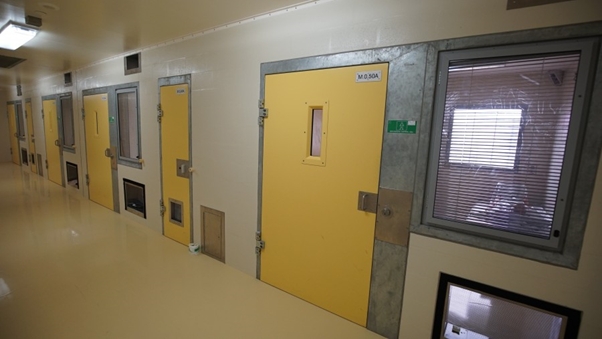
A 92 page report on Legal Perspectives on solitary confinement in Queensland has been launched by Prisoners Legal Service and the University of Queensland Law School.
The report’s lead writers are Professor Tamara Walsh of the Law School and Helen Blaber of Prisoners Legal service. They were assisted in the writing by Claudia Smith, Lucy Cornwell and Karen Blake. Students and volunteers, Elizabeth Aisi, James Mullins, Daniel Murphy, Melody Valentine and Cara Scarpato conducted legal research for the report.
The report draws on international standards, Queensland caselaw and legislation and coroners’ inquest findings to establish legal criteria for the practice of solitary confinement. The report, however, also draws on empirical research, including interviews with prisoners’ lawyers and advocates to document the practice and experience of solitary confinement in Queensland.
The report analyses the practice of solitary confinement against the provisions of the Human Rights Act 2019 (Qld).
Perhaps the most important part of the report is contained in the final chapter which looks at alternatives to solitary confinement drawing on progressive developments taking place in Europe, the United Kingdom, New Zealand, Canada, Northern Ireland and the United States of America.
The report is available at this link.
In launching the report, Ms Blaber and Professor Walsh called for an end to solitary confinement in Queensland because of the severe, often permanent, mental and physical harm it causes, often to people who are already suffering severe mental illness, and the availability of effective alternatives to the practice.
Legal Perspectives on solitary confinement in Queensland is a valuable piece of research.
Stephen Keim
Higgins Chambers
26 May 2020
